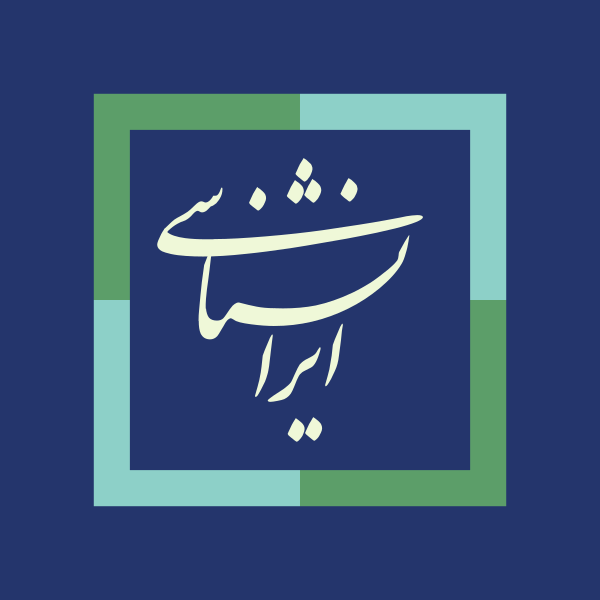Webinar Series (running every year)
Pre-modern Islamic manuscripts
This is the first Webinar series organised by the NoMansLand research project (FWF Y 1232) dedicated to the study of Islamic manuscripts in pre-modern Iran and Central Asia. The project aims to reconstruct aspects of the production, circulation and consumption of written knowledge during the Mongol and early Timurid periods in Iran and Central. The webinar series presents eight lectures to this effect by world-leading scholars, each delving into different aspects of manuscript studies. It aims to promote research on handwritten material and explore its potential impact on the study of this region during the 13th – 15th centuries. The webinar endeavors to raise awareness of the historical value that surviving codices from the Mongol period have in shaping our understanding of Central Asian and Iranian cultural history. The lectures have been scheduled throughout the academic year 2021-2022. They are free of charge, but registration will be required (registration will be announced for each lecture).
For recordings of past lectures please visit https://www.oeaw.ac.at/iran/veranstaltungen/event-details/pre-modern-islamic-manuscripts
Summer School: 03.07. – 07.07.2023
Thinking with Islamicate Manuscripts
Summer school in cooperation with Central European University (CEU)
How is thinking and working with a manuscript different from working with an edited text? What challenges arise from a codex containing multiple texts with different dates and authors? How does ‘archival turn’ and social history of the collections inform how we approach manuscripts contained in them? How can digital tools be helpful in editing a text that differs from manuscript to manuscript? These are just some of the important methodological questions that students hoping to work with Islamic manuscripts face when embarking on research or while in the field, often without any recourse to practical guidance.
The proposed course will explore these and other questions by focusing specifically on how to think and work with Islamicate manuscripts, with an emphasis on the sources in Arabic, Turkish, and Persian from Central Asia and the Middle East (c. 1200-c. 1700). It will address cutting-edge methodological issues in the cross-section of Islamic and manuscripts studies, ‘archival turn’ in the histories of Eurasia, and digital humanities to offer a unique hands-on training experience for graduate students embarking on or already in the midst of fieldwork, researchers, as well as archival professionals. It aims to equip participants with methodological and conceptual insights (through readings, lectures, and discussions) as well as practical experience (through workshop sessions) in thinking and working with manuscripts, and also to provide feedback on participants’ projects by leading experts in the field (in seminars devoted to project presentations).
Faculty: Bruno De Nicola, Tijana Krstic (course directors), Daniel Kinitz, Boris Liebrenz, Florian Schwarz, Nur Sobers-Khan, Melis Taner
For further information see https://summeruniversity.ceu.edu/courses/thinking-islamicate-manuscripts-critical-approaches-historical-methodology-history
Conference (Madrid, 17-18 May 2023)
Mongoles en el Oeste: Noticias de la Integración Euroasiática en los Reinos Ibéricos
International conference, Archivo Histórico Nacional
Serrano 115, 28006, Madrid (Spain)
This international conference is co-organised by the Institute of Iranian Studies and the Universidad Nacional de Educación a distancia (UNED) in Madrid, Spain.
Contact (Scientific committee): Bruno De Nicola, PI Nomads’ Manuscripts Landscape
More information and programme: https://socriem.hypotheses.org/mongoles-en-el-oeste
International Workshop (Vienna, 1-3 December 2022)
The Mongols’ Baghdad: Knowledge through Manuscript Cultures before and after the Conquest
Venue: Austrian Academy of Sciences, IMAFO library, Hollandstraße 11-13, 3rd floor, 1020 Vienna.
This workshop is organized jointly by the projects NoMansLand (Austrian Academy of Sciences) and Bibliotheca Arabica (Saxon Academy of Sciences and Humanities).
The city of Baghdad occupies a central role in the history of the Islamic world as the capital of the Abbasid Caliphate and a hub for the production of knowledge since its foundation in the 2nd/8th century. In the 7th/13th century, the city was famously conquered by Mongol troops under the command of Hülegü and the Abbasid caliph was executed. This event is often seen as a catastrophic watershed for the Islamic world in general and has spurred different, at times contradictory, interpretations about the history of Baghdad before and after the Mongol conquest. This is particularly contentious with regard to the role of books and knowledge transmission. Some scholars argue that the Mongols destroyed the city’s fabled libraries and completely disrupted cultural activity in the region. More recently, others have suggested that despite the impact that the conquest certainly had in the region, the city remained one of the prominent cultural centres of the Islamic world.
The main concern of the workshop is to explore the production, dissemination and consumption of knowledge in Baghdad from the perspective of manuscript studies. We aim to investigate what the production and circulation of manuscripts can tell us about the cultural life of Baghdad and its environs before, during and after the Mongol conquest.



